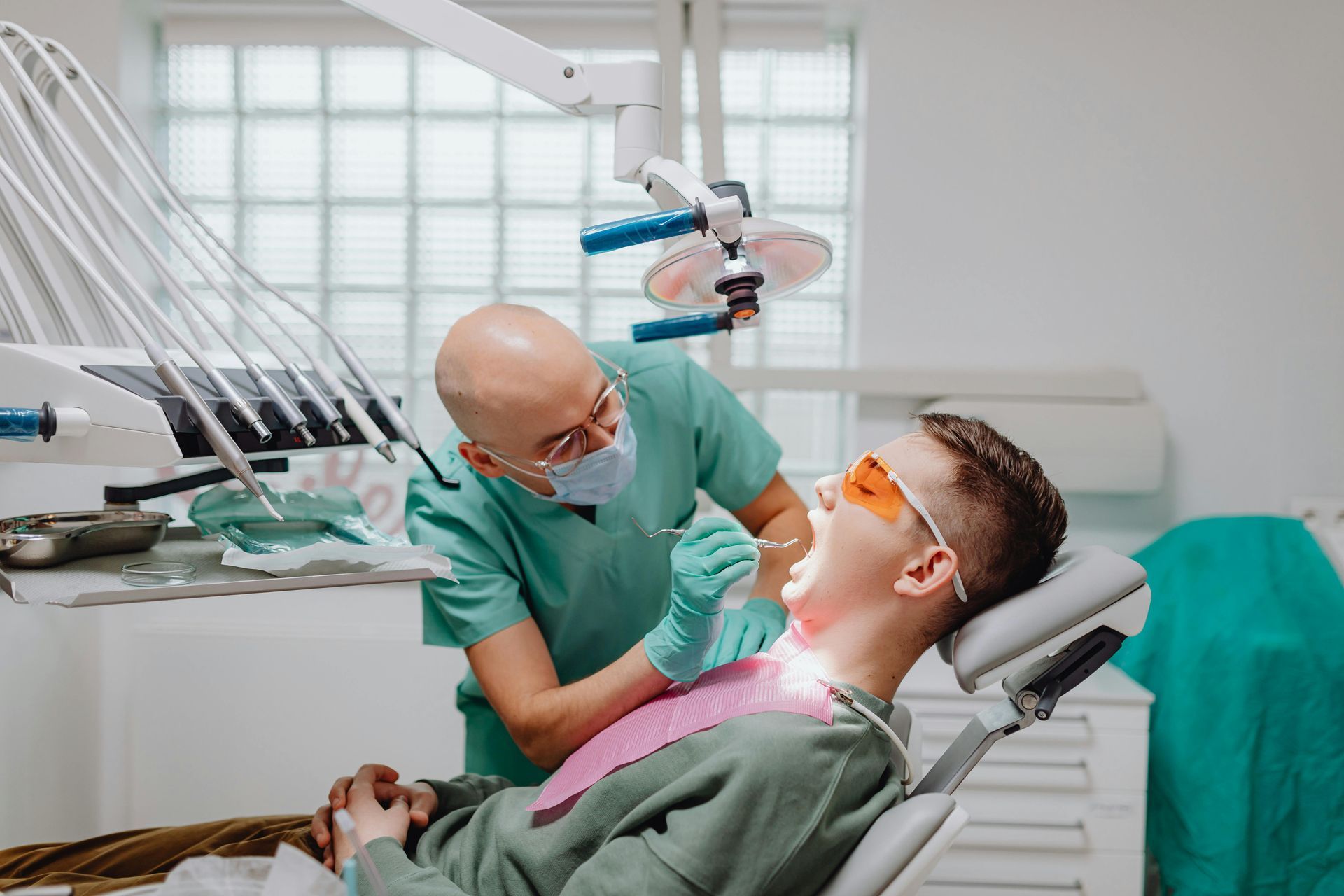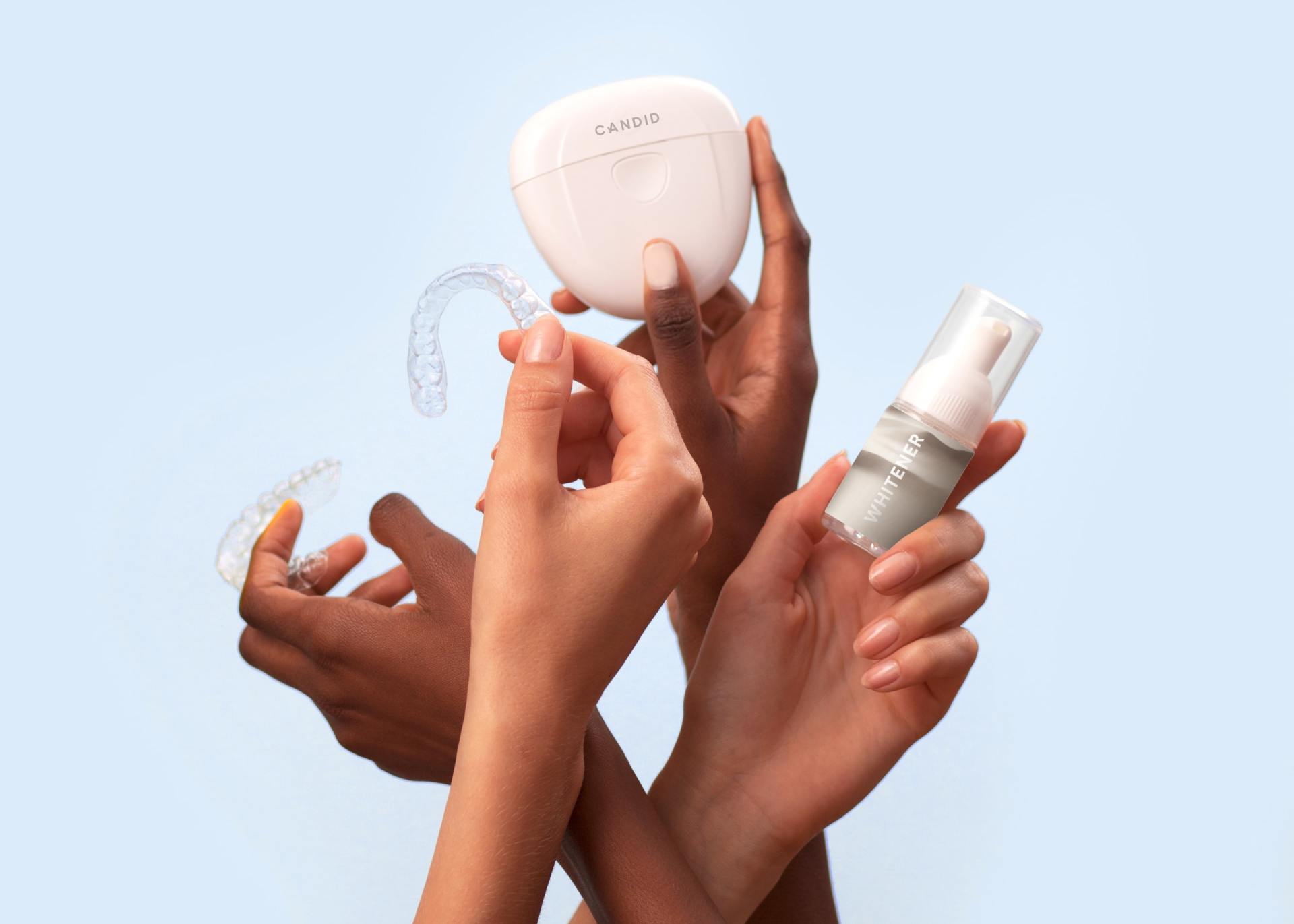6 Essential Aftercare Tips for a Flawless Smile Makeover
Proper Aftercare is Essential for Both Comfort and Aesthetics
A radiant smile can open doors and elevate confidence, making a smile makeover a transformative experience for many. However, achieving and maintaining that flawless smile extends beyond the dental chair and into daily life. Understanding how to care for your mouth post-procedure is crucial for ensuring long-lasting results.
After undergoing a smile makeover, proper aftercare is essential for both comfort and aesthetics. Neglecting this vital step can lead to complications that could tarnish your investment in dental work. From following professional recommendations to managing your daily habits, the choices you make after the procedure will significantly impact your results.
In this article, we will delve into six essential aftercare tips that will help you preserve your new smile. By implementing these practices, you can confidently navigate the journey of recovery and maintain the brightness and health of your smile for years to come.
Follow your dentist's recommendations
When embarking on a smile makeover journey, following your dentist's recommendations is crucial for the success and longevity of your dental procedures. Adhering strictly to professional advice ensures that both natural teeth and any enhancements, such as porcelain veneers or dental veneers, remain in top condition, promoting overall oral health and helping you maintain that dream smile.
Your dentist understands the ins and outs of your specific cosmetic procedures, as well as the nuances of your dental health. This knowledge enables them to provide tailored guidance designed to prevent oral health issues, such as tooth decay or gum problems, which could compromise the appearance of teeth post-smile makeover.
As part of your aftercare, your dentist might suggest:
- Regular brushing with a soft toothbrush to keep both gums healthy and teeth free from plaque, without causing abrasion.
- Incorporating flossing and the use of interdental brushes as an integral part of your oral hygiene habits.
- Following a specific diet temporarily, like eating Soft Foods or avoiding overly hot or cold foods, to aid in the healing process.
- Avoiding sticky foods that could potentially dislodge new restorations.
- Scheduling follow-up visits for check-ups and to address any emerging dental concerns promptly.
Remember, proper care after a smile makeover is a lifelong commitment to ensure lasting results and continuous satisfaction with your confident smile.
Manage pain and discomfort effectively
Managing pain and discomfort effectively after dental procedures is crucial for a swift recovery and to maintain oral health. Here are key strategies:
- Use Medications Appropriately: Follow your dentist's instructions on taking prescribed pain relievers or over-the-counter options.
- Apply Cold Compress: Reduce swelling and numb discomfort by gently applying an ice pack to the face near the affected area.
- Soft Foods: Opt for nourishing, soft foods that require minimal chewing to avoid irritation to the tender regions of your gums.
- Avoid Extreme Temperatures: Stay away from overly hot or cold foods that can exacerbate pain or sensitivity.
- Saltwater Rinse: Once allowed by your dentist, rinse with warm salt water to soothe the gums and promote healing.
- Rest and Elevate: Keep your head elevated to reduce swelling and take it easy during the initial healing phase.
By adhering to these strategies, individuals can effectively manage pain and discomfort post-dental treatment, ensuring a smoother healing process and improvement in their overall dental health.
Maintain meticulous oral hygiene practices
Maintaining meticulous oral hygiene practices is crucial to ensuring the longevity of your smile makeover and preserving the health of your natural teeth.
Following are key steps to include in your daily oral care routine:
- Regular Brushing: Use a soft toothbrush to brush your teeth at least twice a day. This helps prevent tooth decay and keeps your gums healthy.
- Flossing: Daily flossing is essential for removing plaque and food particles between teeth, areas where a toothbrush can't often reach.
- Use Non-abrasive Toothpaste: Especially important for those with porcelain veneers or other dental veneers, as abrasive substances can scratch or damage the surface.
- Avoid Harmful Habits: Steer clear of biting hard objects or using your teeth as tools, as this can damage both cosmetic procedures and natural teeth.
- Limit Stain-causing Substances: Beverages such as coffee, red wine, and certain foods can stain veneers and natural enamel. Limit their consumption to maintain the appearance of your teeth.
Remember, diligent oral hygiene habits contribute significantly to the success of your smile makeover journey. Regular check-ups with your dentist will also assist in addressing any dental concerns and updating you on the health of your teeth and gums.
Adjust your diet to support healing
Adjusting your diet is a fundamental aspect of the smile makeover aftercare process. After undergoing dental procedures, it's important to give your mouth the chance to heal properly. This can be facilitated by making wise food choices that are gentle on your teeth and gums. Here is a closer look at how you can adjust your diet to promote a smooth recovery and protect your new confident smile.
Avoid hard or chewy foods
In the initial period after your smile makeover, you'll want to avoid foods that could potentially disrupt the healing process. Hard or chewy foods can place undue pressure on your teeth, potentially shifting new restorations or irritating sensitive areas. For example, biting into an apple or chewing on a bagel can exert force on dental veneers or other cosmetic procedures that have been performed. To prevent damaging your teeth or hindering the healing process, it's best to opt for soft foods, particularly during the first few days post-treatment.
Here are some recommendations:
- Soft fruits like bananas
- Mashed potatoes
- Scrambled eggs
- Yogurt
- Smoothies
- Oatmeal
Limit sugary and acidic substances
Sugary and acidic foods and beverages can be detrimental to oral health, especially after a smile makeover. They can contribute to tooth decay and erosion, affecting both natural teeth and the longevity of dental restorations.
To sustain the health and appearance of your teeth, consider limiting:
- Soft drinks
- Citrus juices
- Candy
- Sports drinks
Moderating consumption of these substances can reduce the risk of oral health issues and are vital for maintaining your dream smile. Remember, the goal of your aftercare is not only to ensure a successful healing process but also to foster long-term dental health so you can enjoy your smile makeover results for years to come.
Refrain from unhealthy habits
Maintaining the radiant results of your smile makeover involves more than just proper care during the healing process; it also calls for a commitment to healthy lifestyle choices. Unhealthy habits can negatively impact dental health, undermining the stunning outcome of cosmetic procedures and the overall health of your gums and teeth. These habits can lead to a range of oral health issues, from tooth discoloration to an increased risk of gum disease and tooth decay, potentially jeopardizing your dream smile. It's imperative to reassess and adjust daily routines post-makeover to ensure the longevity of your new smile.
Quit smoking
Not only does smoking pose significant risks to your overall health, but it can also compromise the aesthetic and health of your teeth. Smoking can cause staining on both natural teeth and porcelain veneers, diminishing the bright appearance of your smile. Furthermore, this habit can interfere with the healing process after dental procedures, increasing the risk of gum disease and affecting blood flow that is vital to keeping your gums healthy. To protect your investment and maintain a confident smile, eliminating smoking from your lifestyle is a critical step.
Regular dental check-ups following a smile makeover can help keep an eye on the status of your oral health, but quitting smoking is a proactive measure that will provide the greatest benefits, ensuring that the results of your smile makeover journey stay intact and vibrant.
Reduce alcohol consumption
Alcohol consumption, especially when excessive, can have adverse effects on both your oral health and the success of your smile makeover. High alcohol content in certain beverages can weaken the bond of dental veneers to your natural teeth and irritate the soft tissues in your mouth. Regular consumption can also lead to dehydration, reducing saliva flow and therefore increasing the risk of tooth decay and oral infections.
To maintain your dream smile, it's advisable to limit alcohol intake or choose beverages with lower alcohol content. Following up with good oral hygiene habits—such as regular brushing with a soft toothbrush and using an appropriate mouthwash—can further safeguard your investment.
Schedule regular follow-up appointments
Achieving your dream smile through a smile makeover is a significant milestone in anyone's life. To ensure the ongoing health and appearance of your teeth post-makeover, scheduling regular follow-up appointments is crucial. These check-ups are paramount to maintaining both the aesthetics and dental health achieved by procedures such as porcelain veneers, dental veneers, or other cosmetic enhancements.
Regular dental check-ups allow your dentist to monitor the condition of your natural teeth and any restorative work. These visits are the perfect opportunities to address any dental concerns that may arise and ensure that your gums stay healthy, significantly reducing the risk of oral health issues, such as gum disease or tooth decay. Remember that even though you may have improved the appearance of your teeth, proper care is necessary to sustain a confident smile.
Monitor your progress and address concerns
Monitoring your progress after a smile makeover is a dynamic process that requires attention to detail. It's not just about admiring your new, healthy teeth in the mirror; it's also about being vigilant and proactive in recognizing any changes or potential issues. Changes in sensations, the fit of dental appliances like porcelain veneers, or any unexpected discomfort should be noted and discussed with your dentist during your regular check-ups.
Regularly inspect your gums and teeth at home to identify any signs of trouble, such as swelling, redness, or pain. If you notice anything amiss, it's crucial to bring it up during your follow-up appointments. With your dentist's expertise, minor concerns can be addressed promptly, ensuring that they don't escalate into major oral health problems.
Your follow-up appointments also serve as a platform for you to discuss any insecurities or dissatisfaction with the outcome of your smile makeover journey. Should there be aspects of the makeover that you're not entirely pleased with, your dentist can advise on potential adjustments or additional treatments.
At Don River Dental we give you the best tips . If you are experiencing any symptoms or pain please feel free to call us at (416) 901 - 9292 and someone from our team will be happy to answer any questions and schedule an appointment as soon as possible. We offer safe soothing dentistry in North York.












